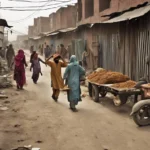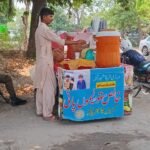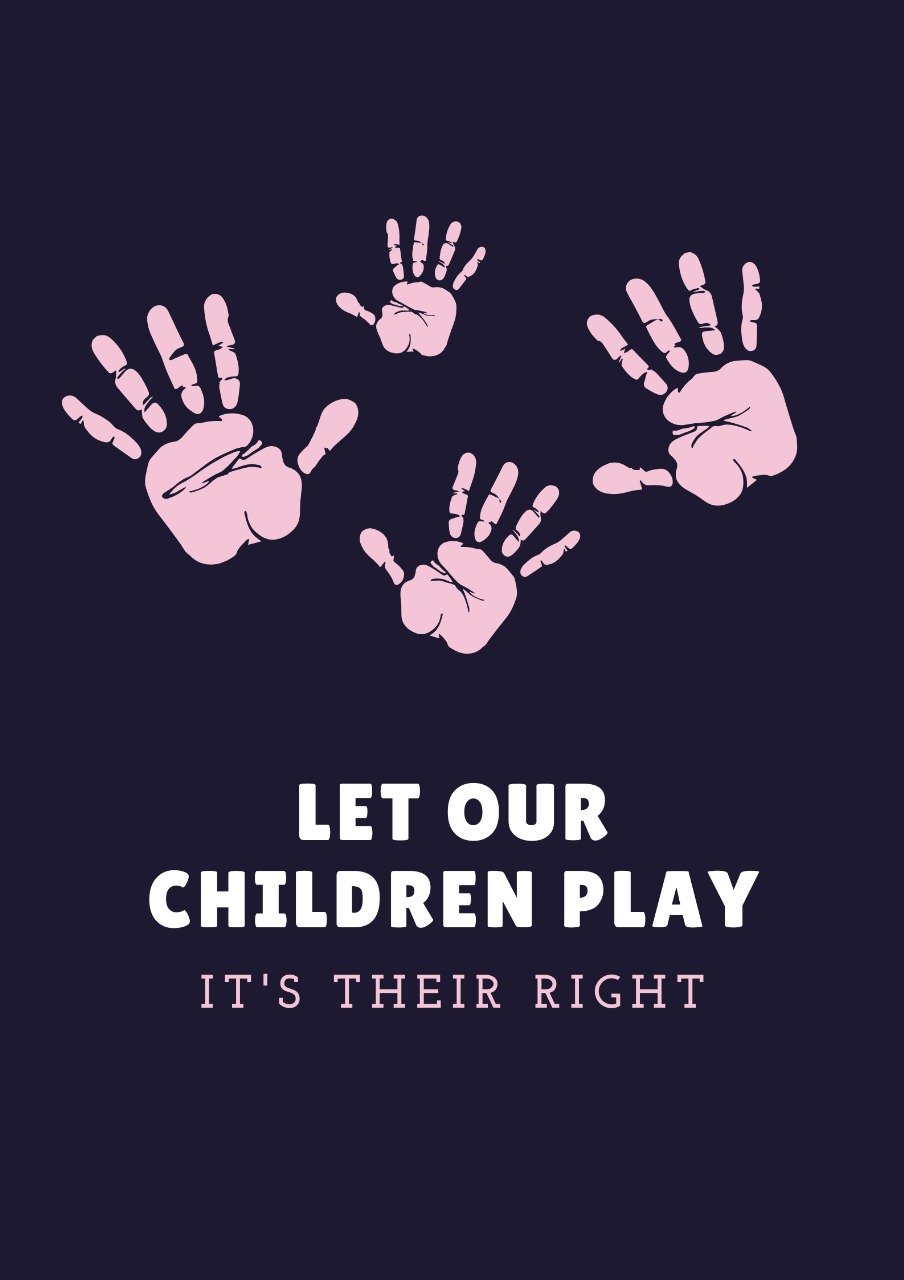Mahnoor Ijaz
As a student of humanities and a concerned citizen, this is unfortunate to see the deplorable plight of children’ domestic workers in Pakistan. Child domestic worker is found in every fourth household in Punjab. It has become an open secret that how badly these children are treated across Pakistan. Physical, emotional and financial abuse is very common.
In Islam, labor is held in high regard and is considered to be an essential part of human dignity. The Quran says that labor is an act of worship when done with sincerity and lawful means. Even the Prophet Muhammad (PBUH) said:
“No one eats better food than that which he eats from the work of his own hands.”(Bukhari)
The importance of work is highlighted repeatedly in Islam and therefore rights have been instituted to manage workers and prevent them from being abused or exploited. Some of these rights are the right to protection from harassment and abuse. Workers are to be treated as equals, with kindness and respect. Islam forbids humiliation, abuse, and forced labor. Employers should not overburden workers beyond their capacity. The Prophet once said:
“Give the worker his wages before his sweat dries.” (Ibn Majah)
However, as an Islamic Republic, almost none of these rights are being practiced in Pakistan. The labour laws mention domestic workers only twice, the most recent one being established in 2019 by the Punjab Government, focusing on child labour. In Islam, child labour is strictly prohibited if it damages their health or oppresses them. Child domestic workers are abused, tortured and overworked, which is forbidden in Islam. They are silenced by their employers and stay quiet so as to not lose their jobs. For instance, the death of Iqra, a 13-year old child maid, was caused due to her employers beating her for allegedly stealing chocolates. This horrifying case happened just last year and many more have followed after this. UNICEF shows that about 3.3 million children in Pakistan are engaged in child labor. Women workers’ rights are abused as well as they face harassment at their workplace. The Home-Based Women Workers Federation revealed that 85% of women workers in Pakistan experience workplace harassment.
The Quran says,
“ O you who have believed, let not a people ridicule [another] people…”.
These violations of workers’ rights are deeply worrying as Islam teaches us to be kind to laborers and respect them. It is imperative that action should be taken to improve the rights of domestic and children workers in Pakistan. First and foremost, the strict implementation of the labor laws should be the first step to ensure the rights of laborers are not violated. Punishments should be given to employers against employing child domestic workers under the age of 15. Child labor under 15 should be banned. Moreover, there should be stern employer accountability to make sure that workers are in a safe and fair environment. Accessible complaint centers for workers to report abuse and any other issues should be set up. One reason for child labour is poverty and overpopulation. Therefore the government should incentivize parents to keep the number of children less and send them to school. Lastly, child domestic workers should get free education as a must so as to break the cycle of poverty in Pakistan. Islam also demands that children must be educated no matter what as it is their right.
In the light of Islamic teachings, we must help the laborers and workers of Pakistan protect their dignity. They do hard work to make both ends meet and provide for their families. As Muslims, we must value every human being.











